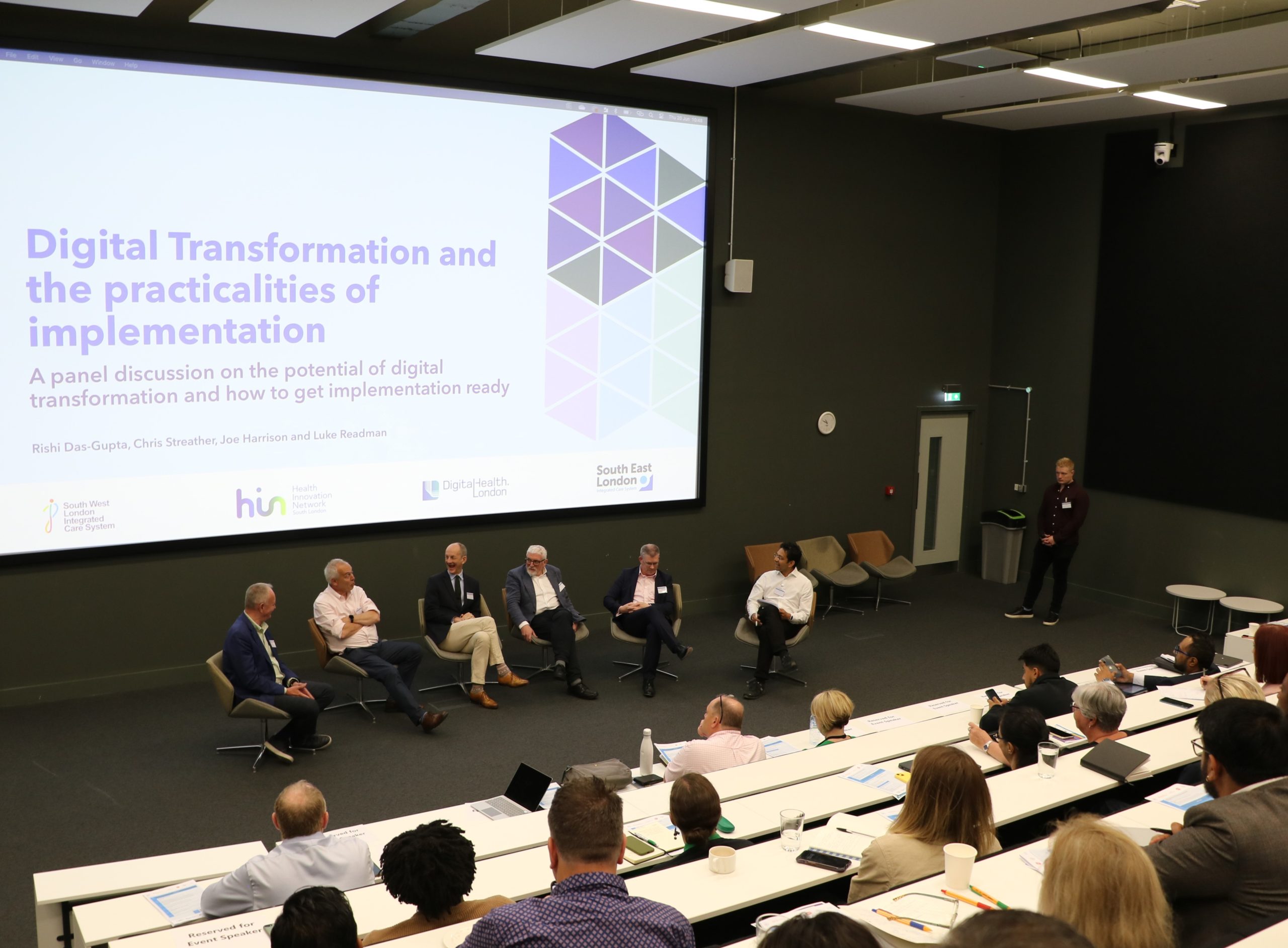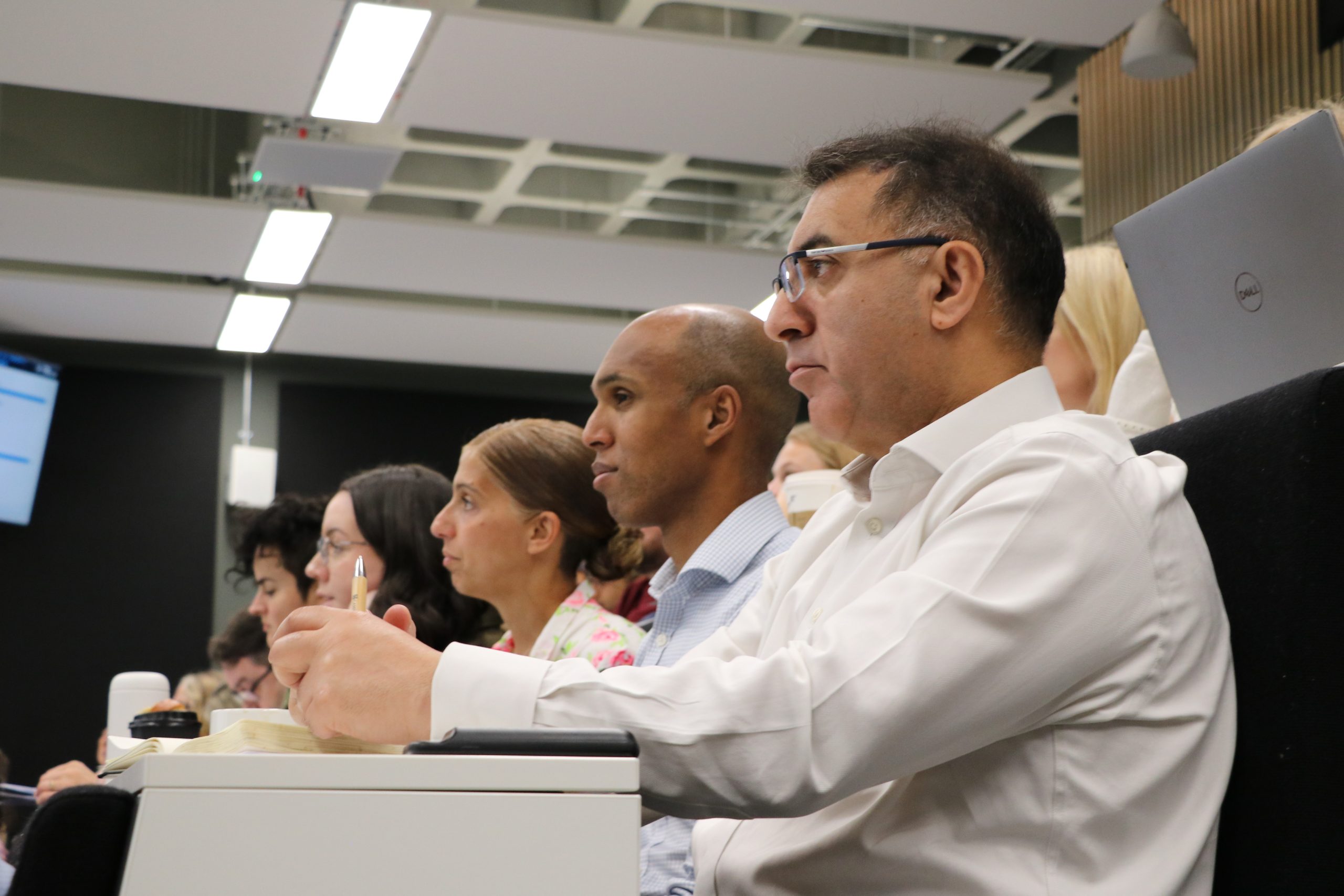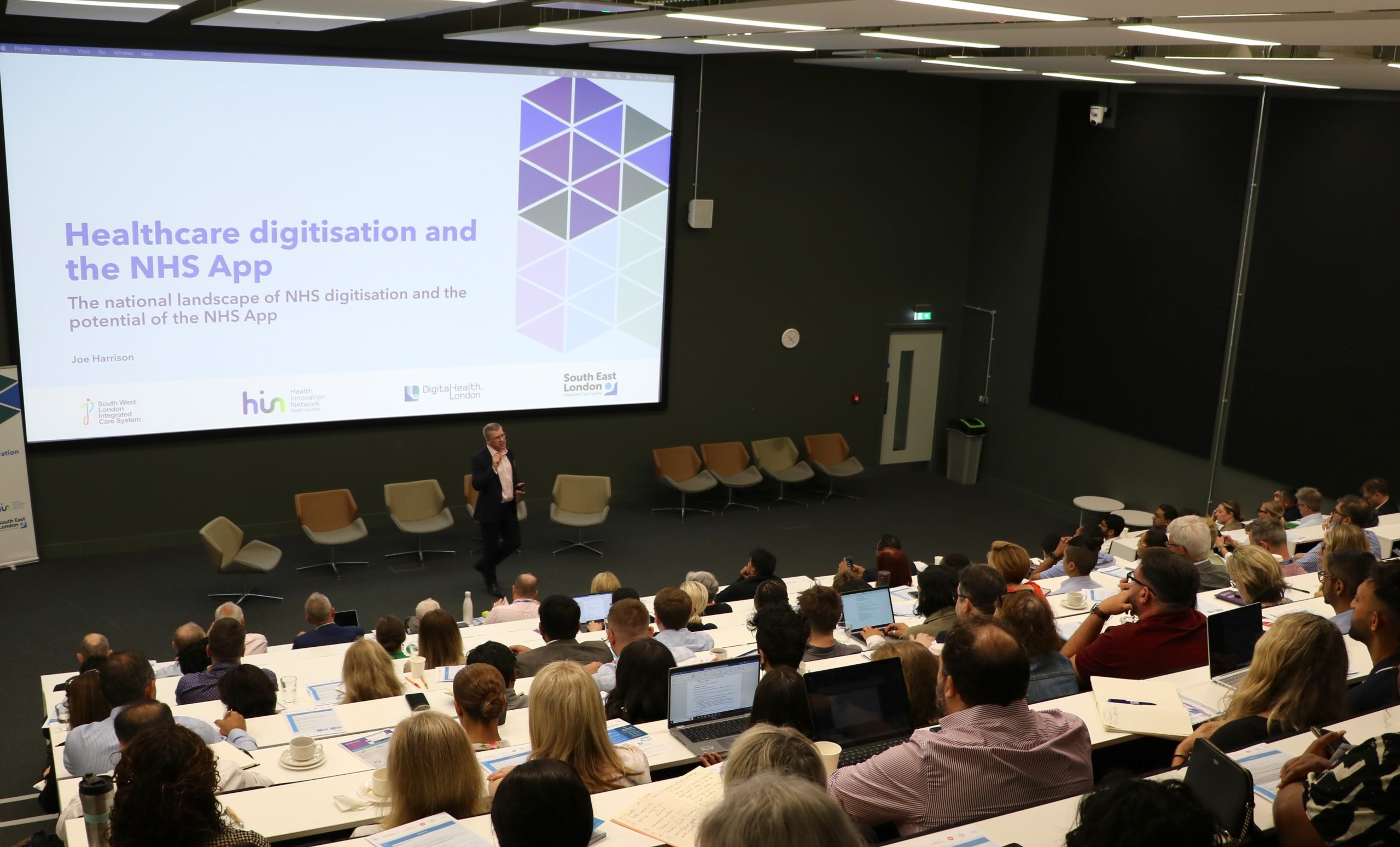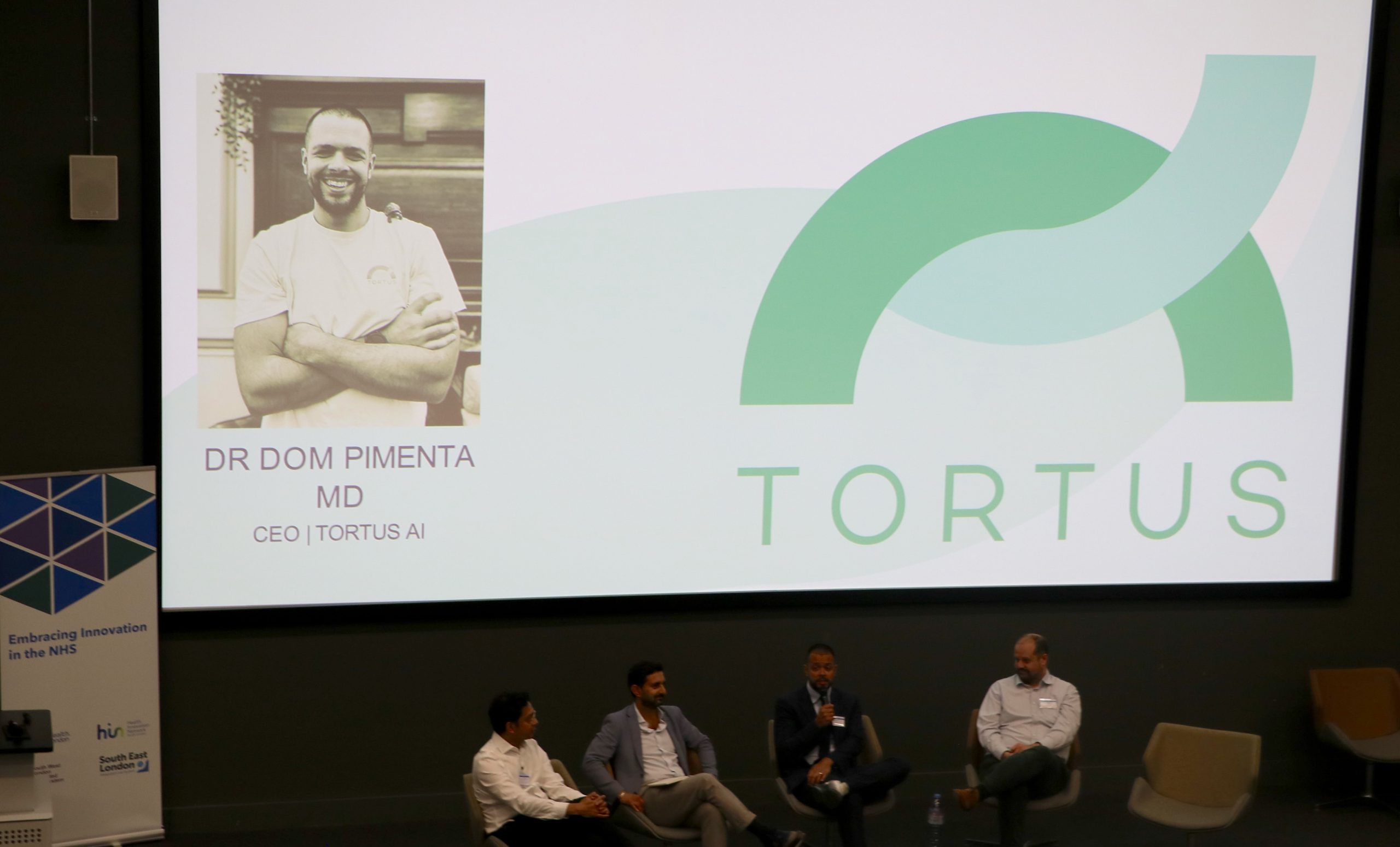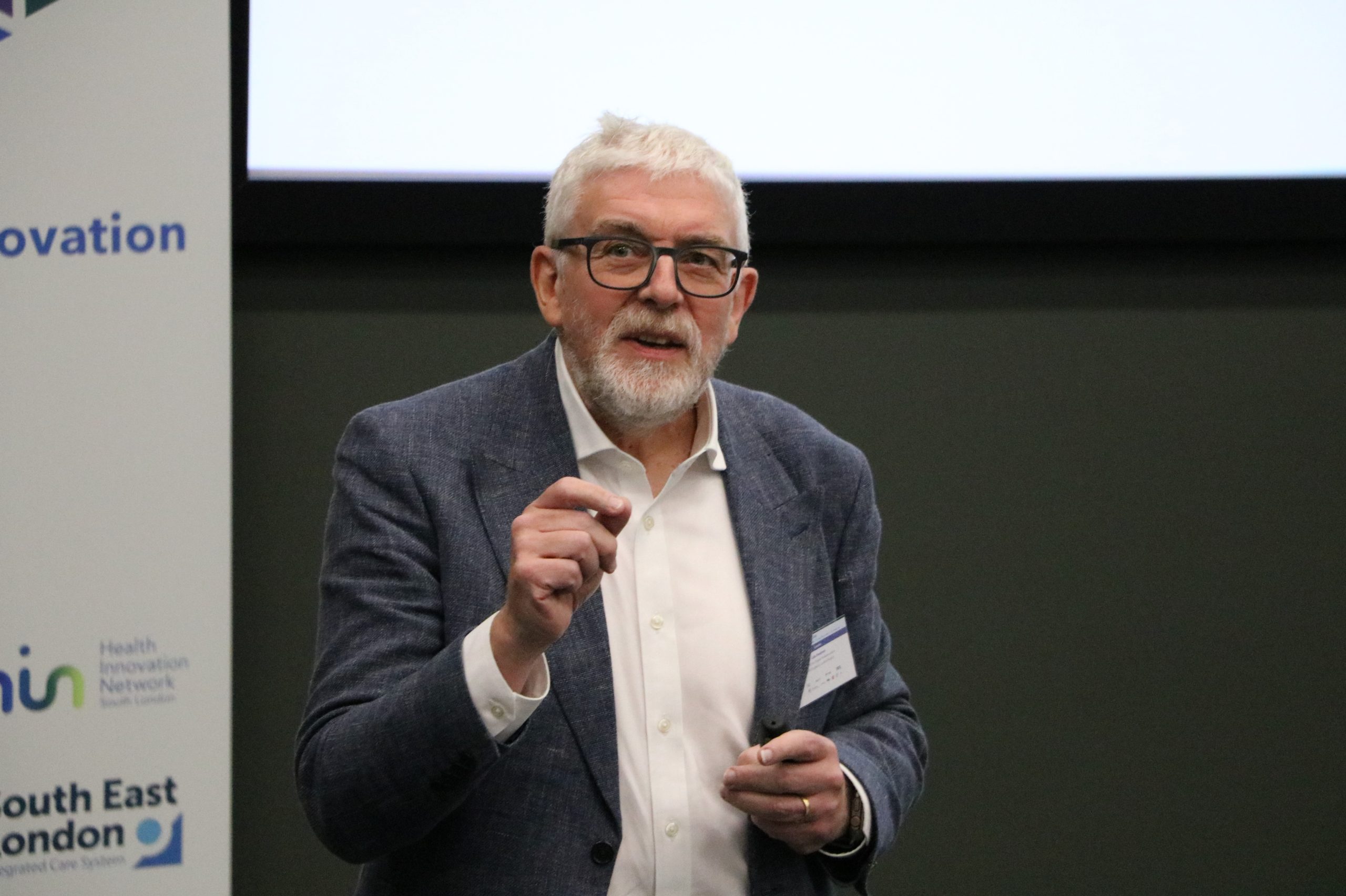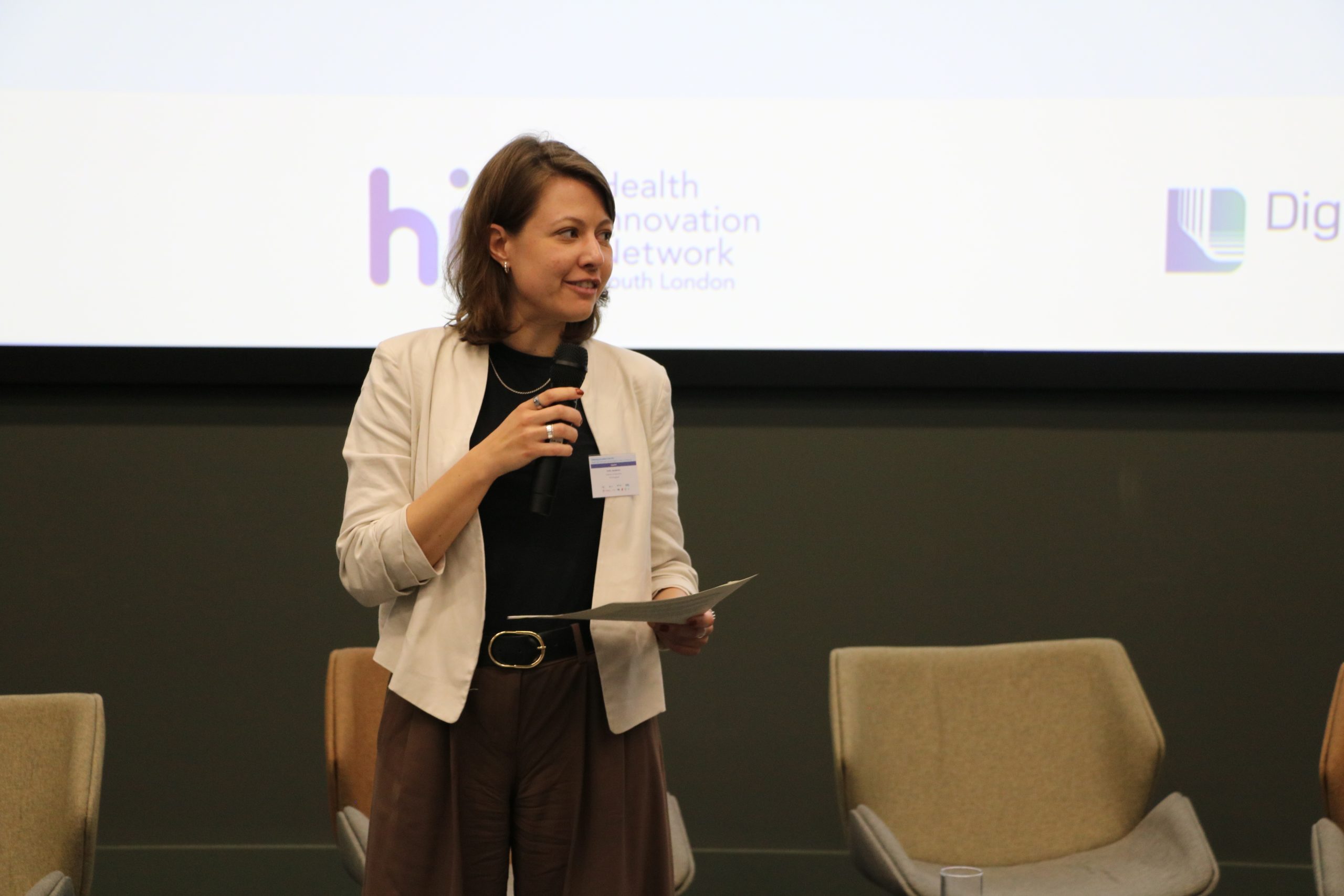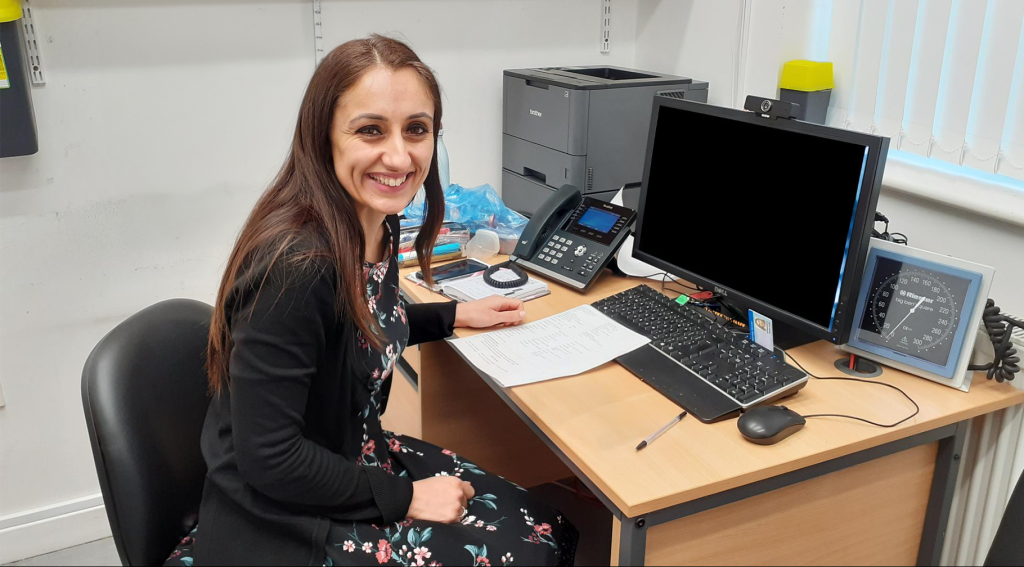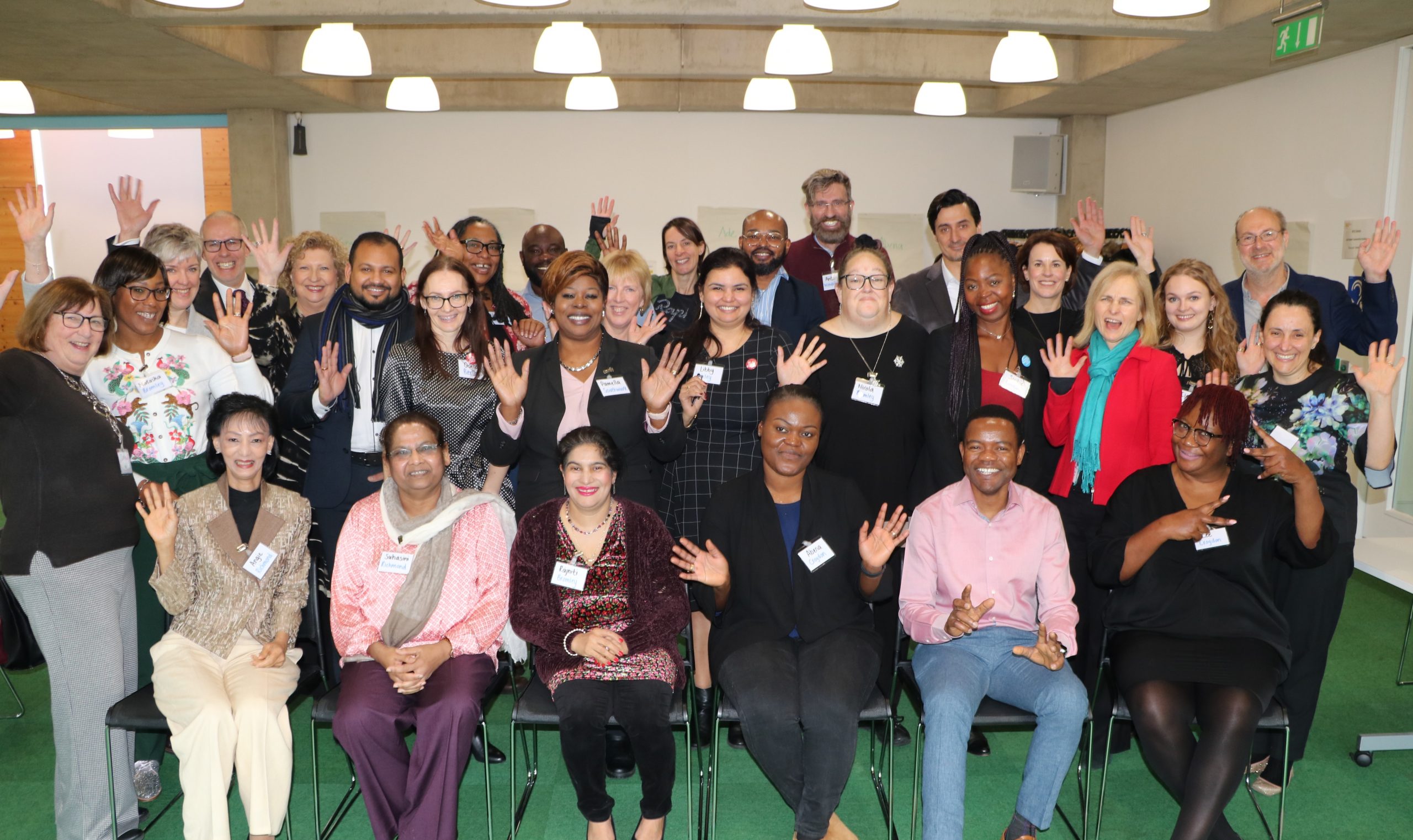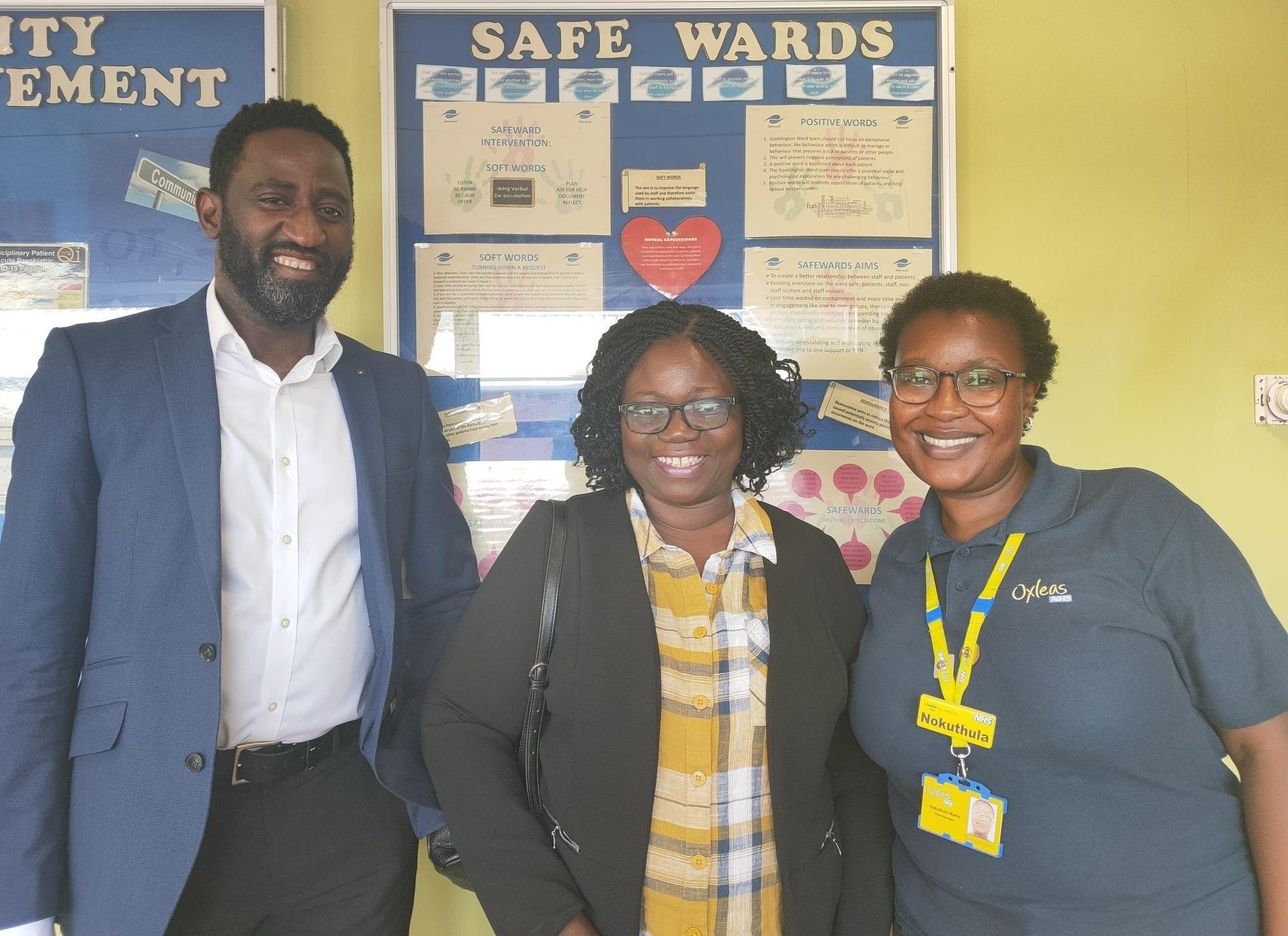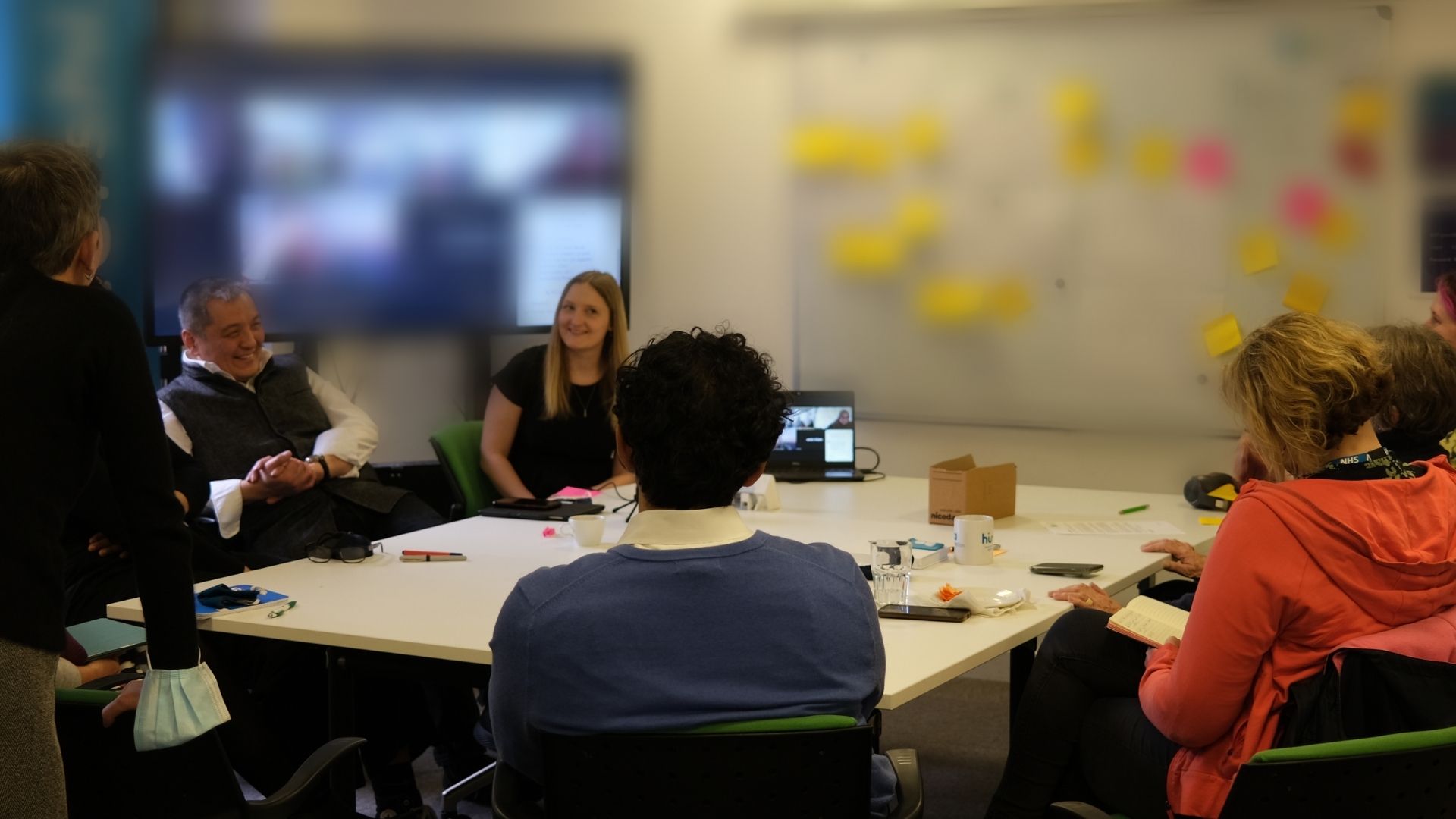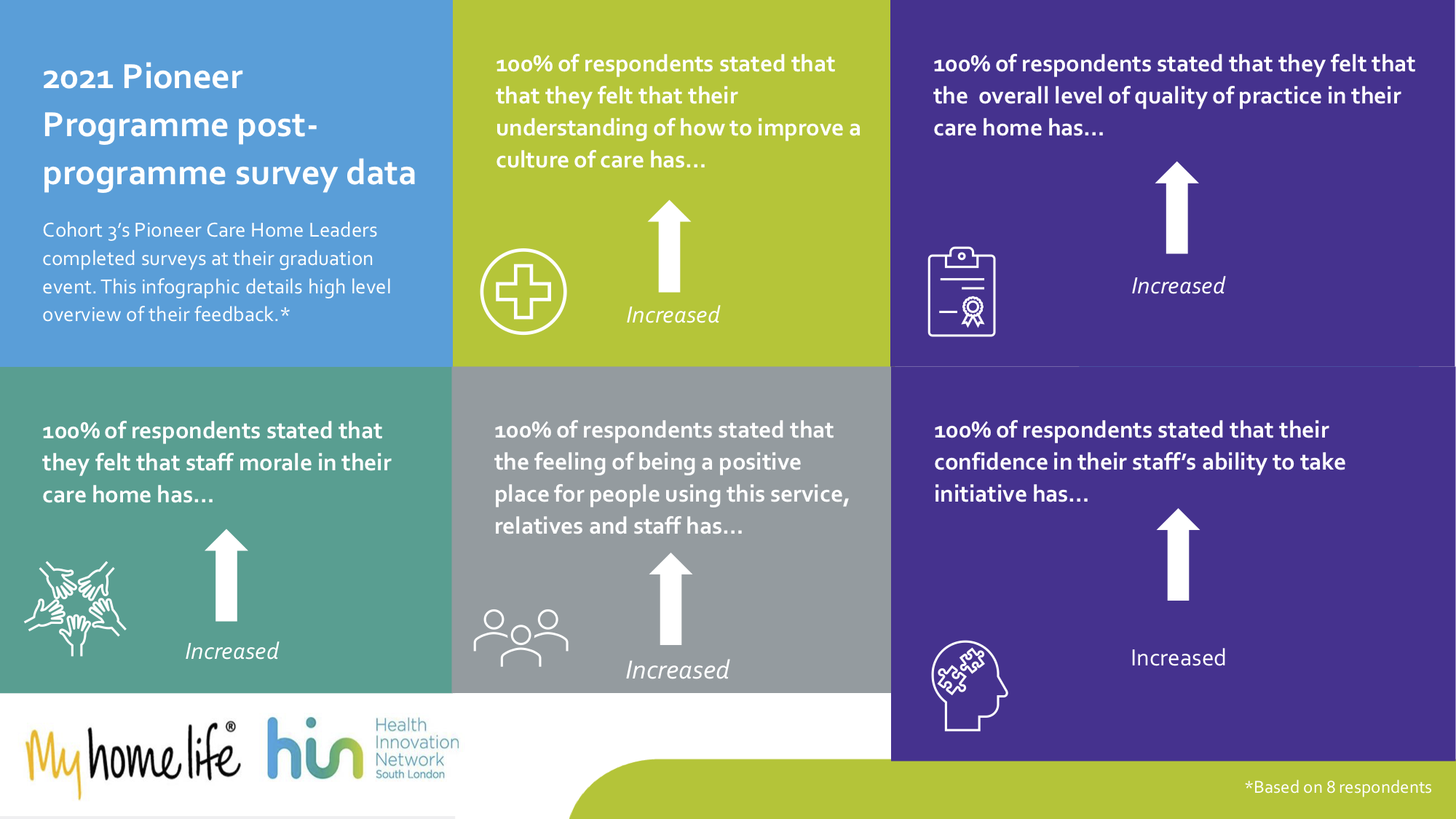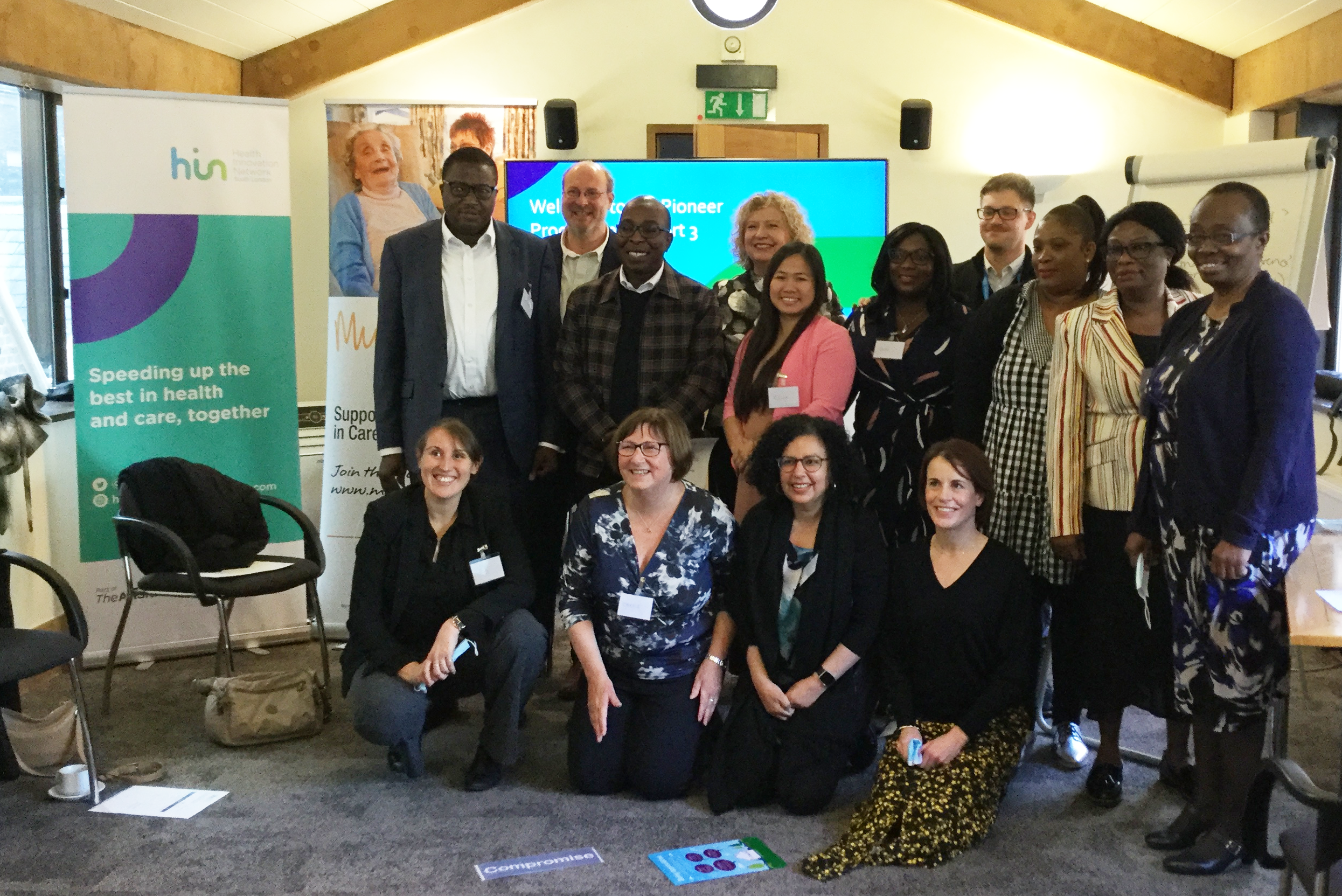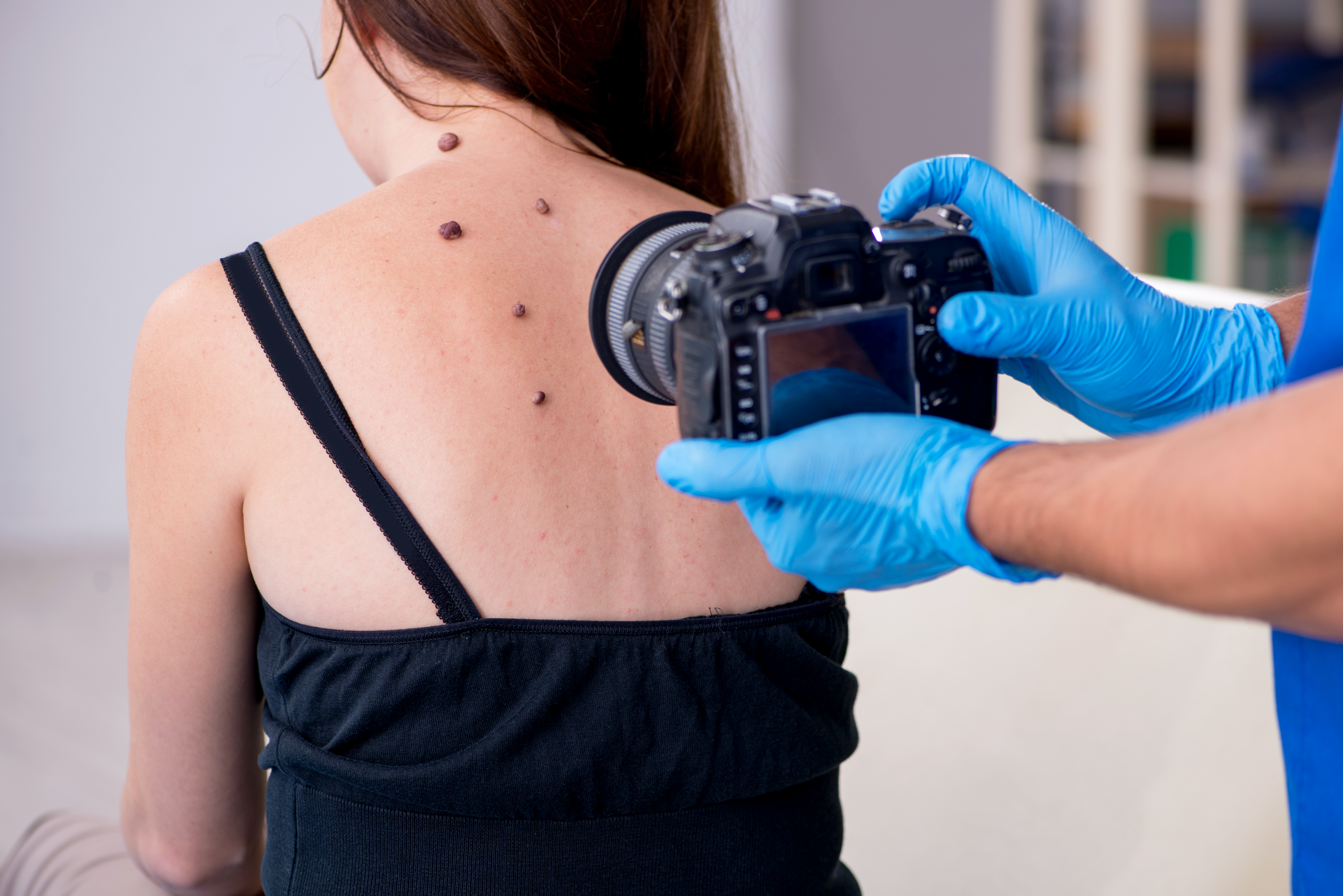The first in our series of company spotlights, we are proud to introduce you to Anagram. Anagram have developed a therapeutic mental health XR solution known as "Inside Mental Health," a unique, immersive empathetic training programme for a series of mental health issues. The Health Innovation Network South London will be supporting this project as part of our delivery of the Mindset-XR Innovation Support Programme for Innovate UK.
Lord Darzi's report on the state of the National Health Service in England repeatedly highlighted that there is an urgent need to address the mental health crisis, and with 1 in 6 people in England experiencing a mental health problem in a given week, this report could not be more timely. It also reveals how this is costing the NHS the equivalent of one month per person per year for key roles, with mental health cited as the most common reason for absence.
Therapeutic mental health XR solutions can help, but research also suggests that effective simulation tools for empathy can help with burnout in medical professionals. Guided by an Advisory Panel of experts and in partnership with the NHS and the University of the West of England, Anagram has developed "Inside Mental Health" a unique, immersive empathetic training programme for a series of mental health issues. Combining the award-winning studio’s Emmy-nominated Playing With Reality XR series with facilitated learning sessions designed and led by healthcare professionals, Inside Mental Health centres lived experience stories in training in a completely new way.
Inside Mental Health begins with bespoke onboarding, designed for users both new to XR and those more familiar with it, and sets the scene for the Playing with Reality series, which uses a documentary storytelling approach to combine rigorous research with compelling narratives around mental health conditions. The first Inside Mental Health episode is focused on psychosis, centred around Goliath: Playing with Reality, which tells the story of one man’s experience of receiving a psychosis diagnosis and his journey through the healthcare system. This will be followed in 2025 by the second instalment in the series, Impulse, which explores the complexities of ADHD through mixed reality. Fresh from its Venice Immersive Achievement Award win at the 2024 Venice International Film Festival, Impulse will be adapted for Inside Mental Health in the coming months.

Following the XR experience, participants are taken through a guided debrief session which has been designed in consultation with the NHS. Sean Carroll, Business Development Manager at Anagram added, “The Mindset XR programme has allowed us to work closely with the NHS and Higher Education partners to look not only at what we’re delivering but also how.” Rather than simply presenting the Playing with Reality series as is, Anagram have developed Inside Mental Health as a group experience, based on simulation training principles. Sean highlights the true value of these debrief sessions as “they allow participants to reflect not just on Golaith’s story, but also to share their own. It is through connecting the lived experience stories to people’s own experiences that we build compassion and reduce stigma.”
Incorporating content from Goliath, Inside Mental Health has already supported nurse training at the School of Health and Social Wellbeing at the University of the West of England. Lucy Watkins, Associate Director, School of Health and Social Wellbeing, at the University of the West of England, noted that “Anagram really understands how to use VR meaningfully in learning” and “working with them brought value, significance and impact to our teaching.”
The next step for Inside Mental Health is a series of pilots across the NHS and Higher Education, which will be supported by a series of research projects. This includes a research project with the University of the West of England, our partners on the Mindset XR programme. Alongside this Anagram will begin work adapting the Impulse: Playing with Reality experience, bringing the ADHD lived experience to a wider audience.
The UK premiere of Impulse: Playing with Reality will be taking place at the London Film Festival between 11-27 October with tickets available for purchase here.
Find out more
To find out more about Inside Mental Health, including all pilot schemes, research and customer queries, please get in touch.
Contact us
